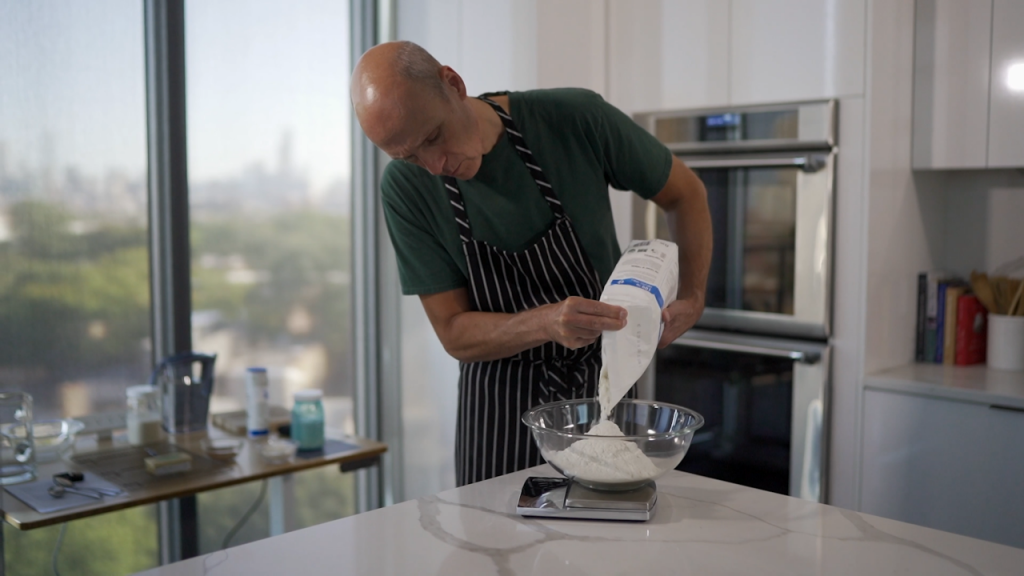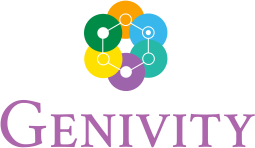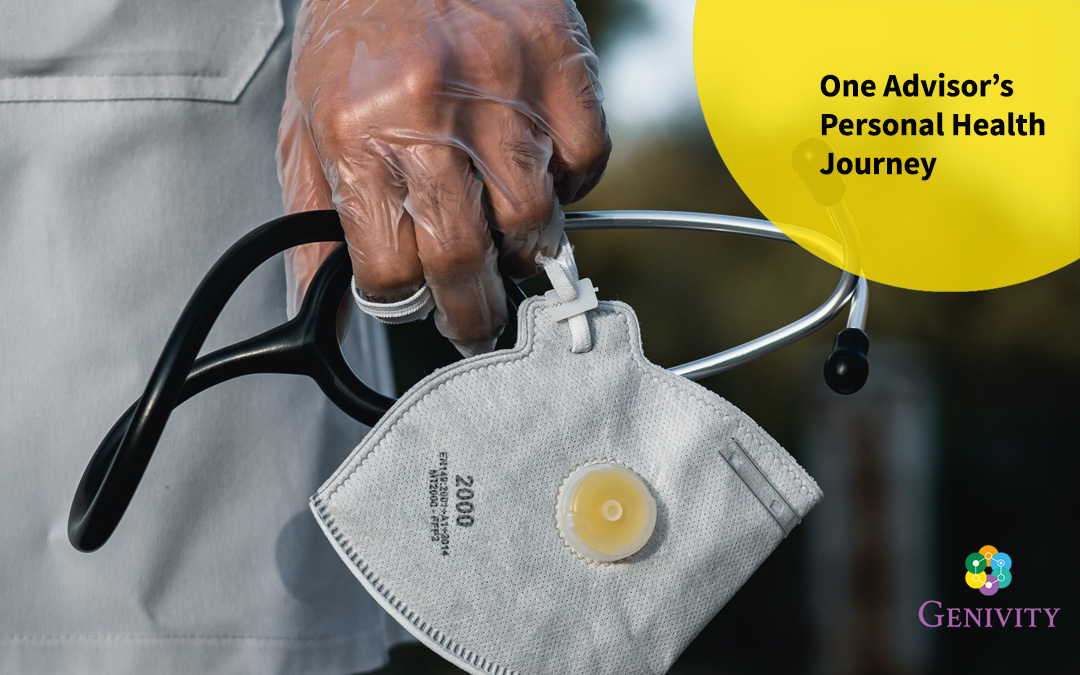Editor’s note: Recently, the Coronavirus pandemic hit close to home for the Genivity team. Fabrice, a close advisor to the Genivity team, is now recovered from COVID-19, but his experience has motivated us, even more, to drive conversations about the interconnectedness of health and wealth. The following article is Fabrice’s personal experience around the intersection of health and wealth with important takeaways for financial advisors during this challenging time.
Two years ago, I retired from a 34-year year career at JPMorgan Chase where I was a Vice-Chairman in the JPMorgan Private Bank. I retired to pursue my interest in health and wellness.
I write this piece having just recovered from a bout of COVID-19. My experience with the disease lasted about a week: 2 days of buildup, three days of feeling pretty exhausted, and then three days of getting better. Not fun, but not a disaster either. You can hear more about my experience on a podcast I recently recorded with Erica Ballard, host of the Health Coach Hotline.
As I understand it, this virus disproportionately punishes the metabolically unfit, the obese, and the hypertensive.
I am 58 years old and was hit by the virus in as good shape for it as anyone could want. On the eve of my infection, I had very low levels of inflammation, very good blood pressure, low body fat, good vitamin levels, and a very flexible metabolism (i.e. it is easy for me to switch over to burn fat from burning carbs).
None of these things were matters of luck or genetics; they were the result of careful planning and preparation. I have a very defined health routine and I do extensive blood testing with my integrative medicine doctor to identify areas to support. Likewise, my financial portfolio has been similarly resilient, so much so that I made my biggest lifetime “risk-on” trade at the end of March 2020 (in the middle of my illness). Time will tell if it was a good one. Planning over many years put me in a position to do it, it was no whim.
I think there are lessons to be drawn from both the health and financial crises of the Spring of 2020 (COVID-19 and the associated economic setbacks). I’ve addressed the financial planning aspect in a separate note. Let’s look here at the health aspect.
I like to take a “belt and suspenders” approach to planning my (and my clients’) portfolios and I have long done the same on the health side. Like a financial portfolio, your health portfolio needs a diversity of “asset classes”.

My “Asset Classes”
Asset class number one: food. For many years now, I have been trying to optimize my nutrition via a whole food, no sugar, low carb, high “good” fat approach. Doing this is made easier by being a competent cook, which is also a learned/trained skill that I have worked at over the years. I know what food ingredients do for my body and I shop by reading the ingredient label (not the misleading nutrition label). More than 5 ingredients and it is unlikely to go in the cart. No label is even better.
Asset class number two: sleep. I follow rigorous sleep hygiene. I do not eat three hours before bed. I have a cold, dark room, a regular bedtime, and an 8-hour average sleep time. I spent more on my bed than on many of my car purchases.
Asset class three: exercise. I do “superslow” weight training to complete muscular failure once a week and get a ton of walking distance movement the rest of the week. I add short, intensive cycle sprint and stair climb sessions. My chance of injury is almost zero and my mitochondrial density (a measure of ability to produce energy) is relatively high.
Putting It All Together
So what? I did this when I worked full-time so that I could be as mentally and physically resilient at a demanding client-facing job as possible. My colleagues were interested in what I was up to and so were my clients. I took an open interest in their health and discussed my approach and findings with any of them that would listen. Many did. I wanted colleagues who could keep up and who were sharp. I wanted healthy clients. The statistics on advisor turnover at a client’s death should terrify you. The flip side is a client who knows that you are part of their health team, as well as their financial team, is a loyal client and friend and therefore more likely to include you in their family. This is the antidote to client turnover.
Knowing your clients’ health issues and playing a part in supporting them creates trust and intimacy. Waiting until a crisis is too late. After all, many were blindsided by the COVID-19 pandemic. Make sure that your client’s health (and that of their spouse and even parents if appropriate) is included in the financial planning and goals setting you do for them. The HALO questionnaire that your client takes captures key lifestyle data that results in a highly customized output that you can use to tailor the plan. Without this, you may be working with a false sense of security. A further benefit of the HALO process is that it allows your client to see what happens if they make some positive lifestyle changes. This can be powerful motivation and a good way to earn their trust.

